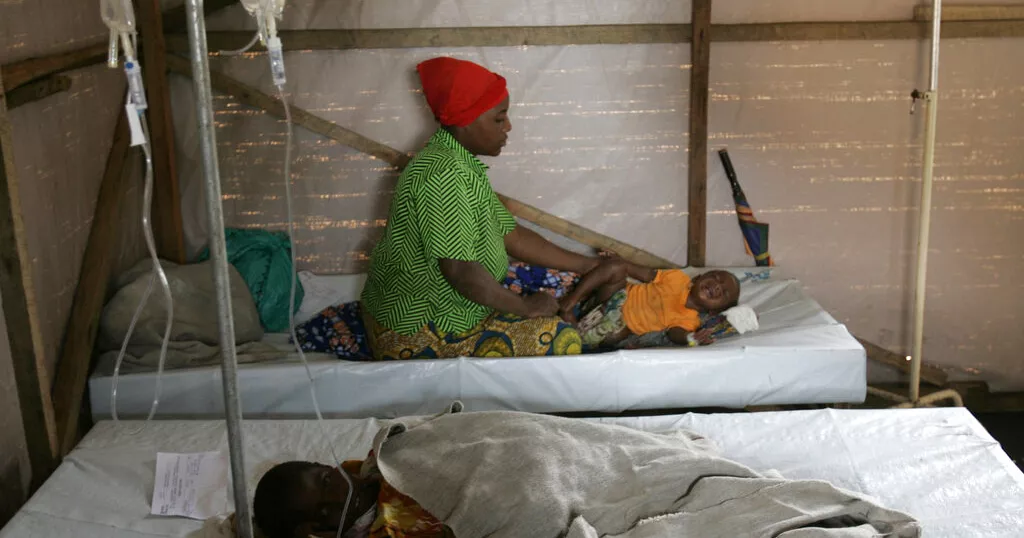Rising waters in Kenya’s Tana River County have caused a spike in cholera cases, with the tally reaching 44, raising alarming concerns regarding the spread of waterborne illnesses. The World Health Organisation (WHO), in a recent statement, underscored the collaborative efforts between Kenyan authorities, the WHO, and other agencies in vigilantly monitoring and responding to health crises exacerbated by the widespread Kenyan floods.
“Forty-four cholera cases have been reported in Tana River County, one of the most flood-affected areas. The Government of Kenya has mounted a multispectral emergency response, led by the Kenya Disaster Emergency Operations Centre in the country’s capital, Nairobi,” remarked Dr. Pius Mutuku, a medical epidemiologist from the Ministry of Health.

Dr. Mutuku further highlighted the disruptive impact of the Kenyan floods, leading to the closure of 14 healthcare facilities and a severe scarcity of essential water treatment infrastructure, resulting in a deprivation of potable water for approximately 3000 residents.
Despite Tana River County bearing the brunt of the inundation, the repercussions extend far beyond its borders, affecting a quarter-million individuals across Kenya, with a staggering death toll of 238 reported casualties.
Mary Muthoni, Kenya’s Health Principal Secretary, issued a stark warning regarding the imminent crisis posed by waterborne diseases if left unaddressed. Collaborating with health authorities, Secretary Muthoni spearheaded the distribution of water purification resources in Nairobi, noting the dual threat posed by contaminated water sources and foodborne illnesses, both exacerbated by the flood.
The WHO reiterated its commitment to bolstering the government’s emergency response endeavours, stressing the imperative of swift containment to avert the escalation of disease outbreaks.
To reinforce these efforts, the WHO has procured cholera, inter-agency, and pneumonia kits for distribution to key counties, with the capacity to cater to approximately 10,000 individuals.


